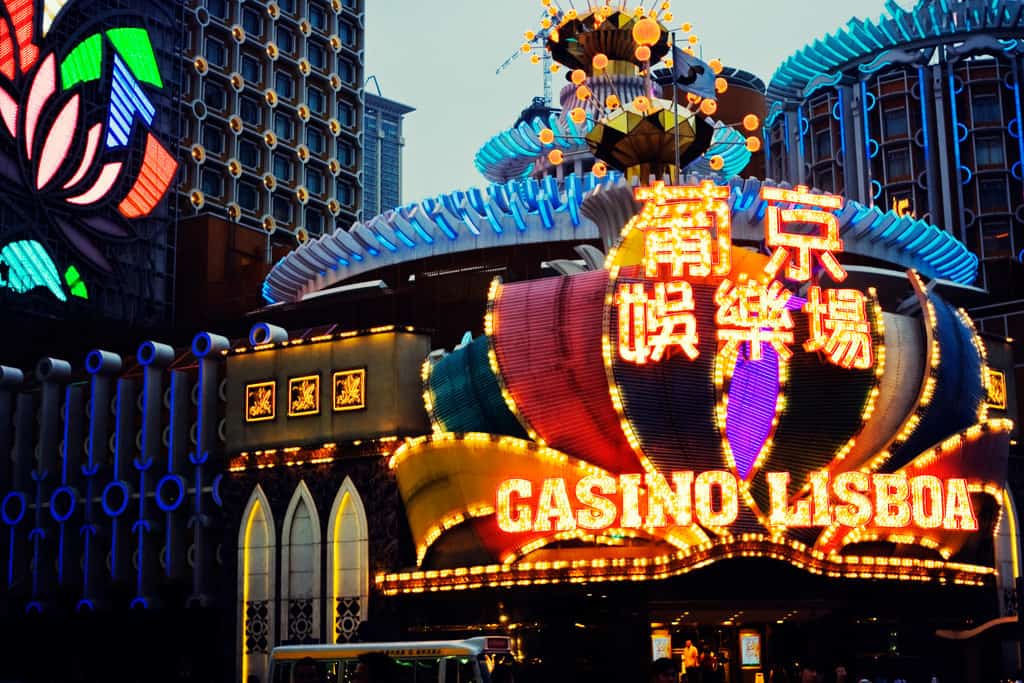Macau’s junket king has fallen. Late last month, police in the gambling enclave arrested Suncity boss Alvin Chau, whose company has for years led the market in funneling high-rolling Chinese gamblers to VIP suites across the region, for alleged links to illegal cross-border gambling. A day earlier, authorities in Wenzhou, China, accused him of “severe damage to the social order of the country” and issued a warrant for his arrest.
Junket operators like Suncity are more than just high-end
Subscribe or login to read the rest.
Subscribers get full access to:
- Exclusive longform investigative journalism, Q&As, news and analysis, and data on Chinese business elites and corporations. We publish China scoops you won't find anywhere else.
- A weekly curated reading list on China from Andrew Peaple.
- A daily roundup of China finance, business and economics headlines.
We offer discounts for groups, institutions and students. Go to our
Subscriptions page for details.
Includes images from Depositphotos.com


